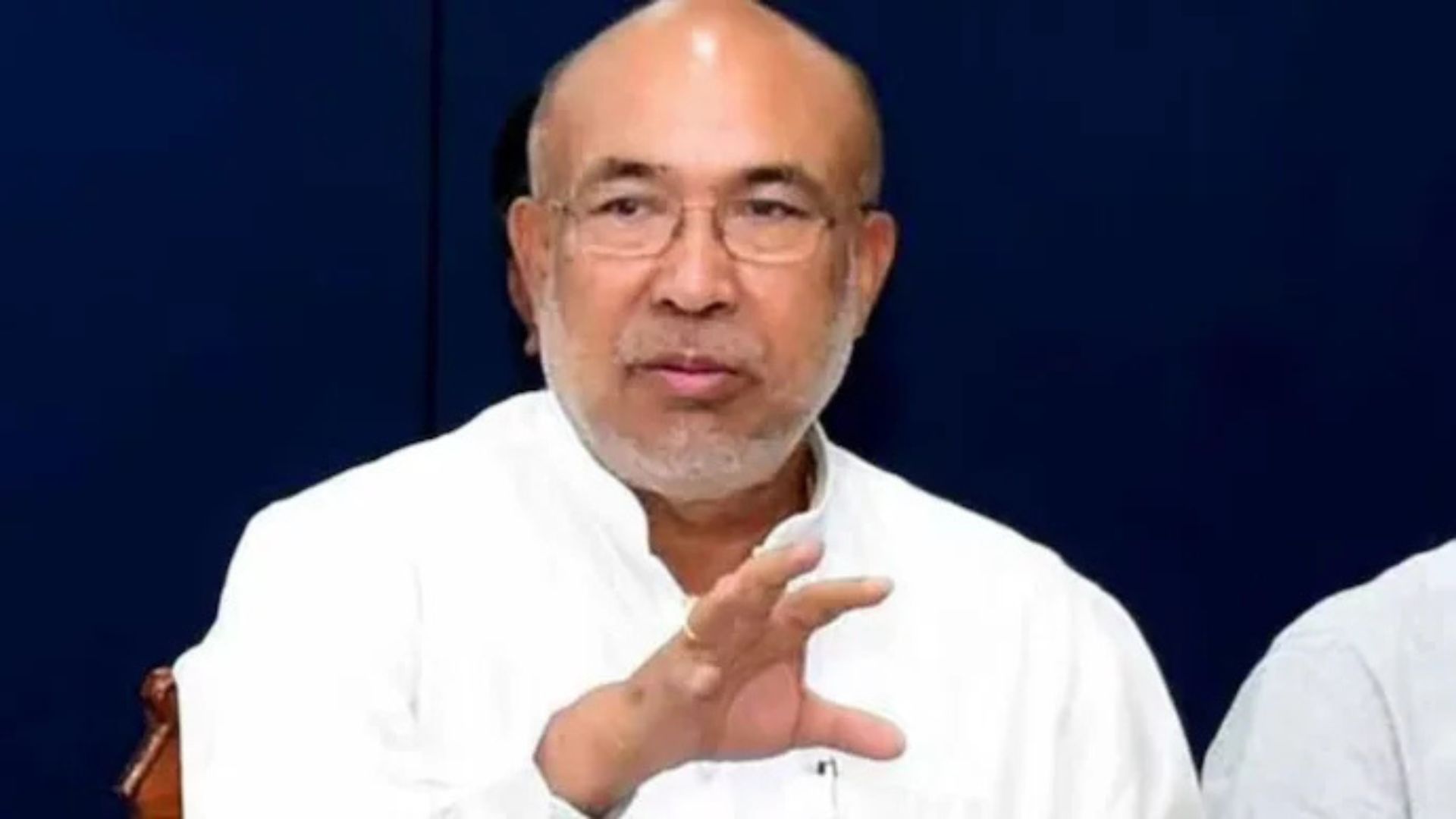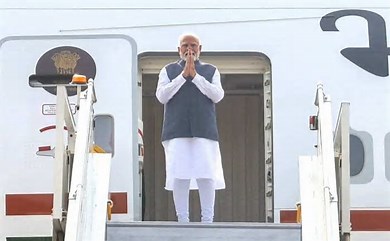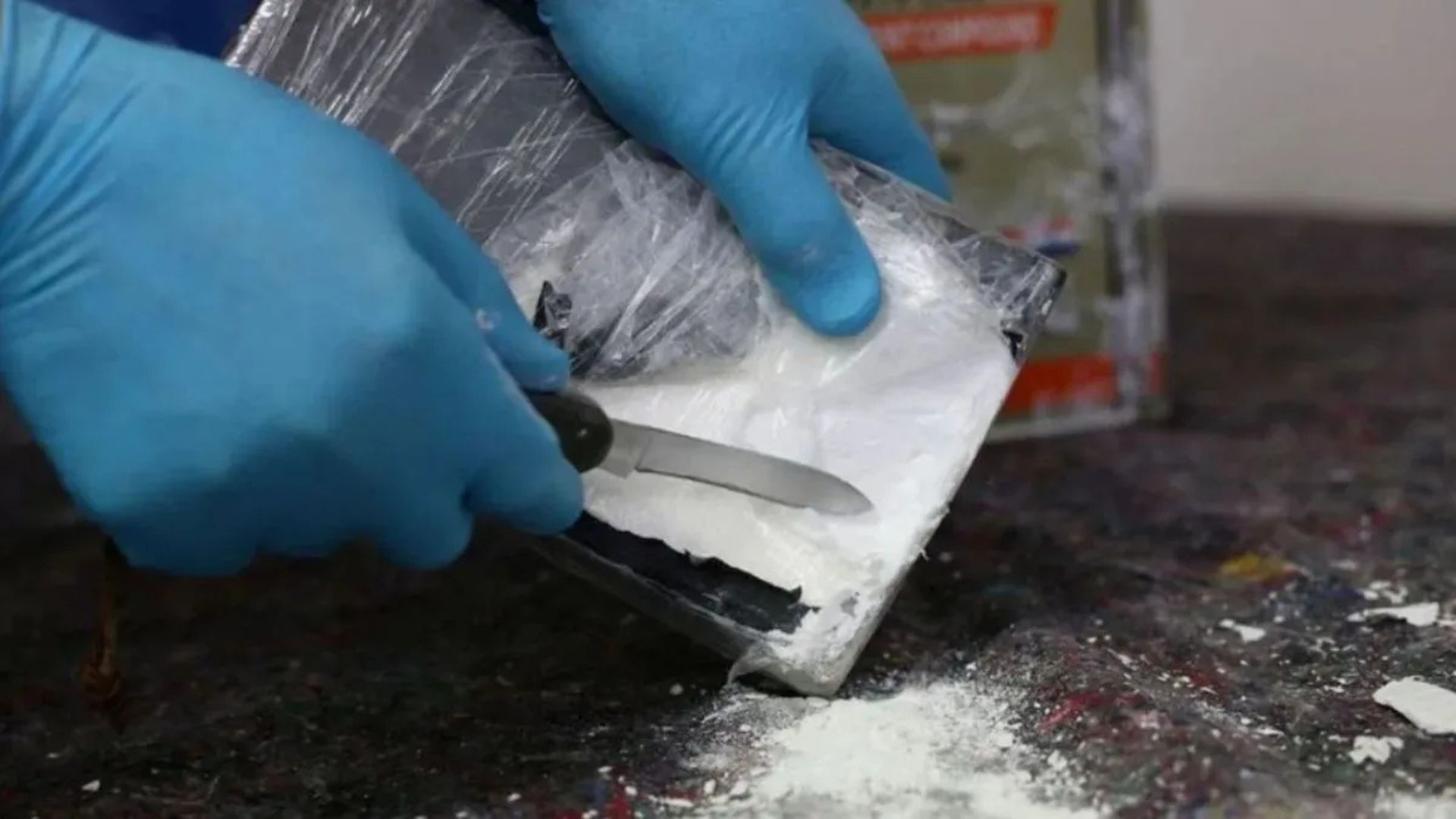In February 2019, when about 116 people died from hooch in UP and Uttarakhand, the then Deputy CM of Bihar, when asked if prohibition should be imposed in those states, had said, “Prohibition may have worked in Bihar, but it cannot work everywhere. Different states have different circumstances, and it is up to their respective chief ministers to decide whether or not imposing prohibition will be a practical idea.” In 2022, cumulatively over 130 people died in Bihar from hooch. Now in opposition and a Rajya Sabha MP, the former Dy CM ought to ask the same question to the CM of his state–is prohibition really working in Bihar?
Deaths due to consumption of spurious liquor or hooch is more common in India than it should be, especially given that alcohol is sold in most states (by the govt. itself in many). Since the total alcohol ban in Bihar imposed in April 2016, more people have died from consumption of spurious liquor/hooch than probably those who died from alcohol addiction. With the prohibition proving to be largely ineffective, it is worthwhile to revisit the reasons for its implementation, to assess why it is failing to meet its objective and considering the deaths due to hooch, it needs to be asked if government should consider bringing about any changes to the policy.
Raison d’être of Prohibition
At the outset, it is important to mention that alcohol addiction is a serious social affliction in India. It affects families and thereby the entire society. Alcohol harms people’s health, family finances, and sociability; hence, the call for its outright prohibition has some moral appeal, though not necessarily practical. However, experience suggests that the current approach of the government to use the law as a sledgehammer to curtail alcohol consumption will remain ineffective. Due to the influence of pop culture, alcohol consumption has become synonymous with partying and celebration. The reason for consumption and its pattern also varies in urban and rural areas.
Unfortunately, women are the primary sufferers, both when the men in family become habitual drinkers and/or when they perish after consuming poisonous hooch. Addiction creates a cycle of domestic abuse and strain on finances. The cycle continues unless it is broken by external intervention. Perhaps this was the reason that Bihar’s excise minister had claimed that “the anti-liquor laws have the people’s approval, especially women.” Reports indicate that the alcohol ban was a pre-poll promise made to women in order to secure their support for the 2015 re-election bid. For women, whose plight were largely ignored, this was expected to be a big relief. However, it was a tall promise and perhaps an insurmountable challenge for a government which is struggling to crack down on bureaucratic corruption as well as failing to arrest the steep rise in crimes across the state. Economy is dictated by the rules of demand and supply–where there is demand, supply would follow.
While the government has instituted a survey to study the effects of alcohol ban after facing repeated criticism over its anti-liquor laws, it would be premature to assume the ban has had widespread influence on the community in the six and a half years. Changes at societal level take time to settle in. Unfortunately, the alcohol ban has managed to achieve two things, which do not require any study to be recognised—first, the state lost a good source of revenue, without any provision to compensate for the deficit. Second, a lot of people associated with the liquor smuggling—suppliers, police officials and smugglers—have amassed huge wealth in past few years. It would be naïve to think that government of a state beset by a corrupt officialdom and powerfully connected mafias was not aware that this would be the likely consequence.
Does Prohibition Work?
Whether prohibition will work or not, is more dependent on the society than on the government’s capability in imposing it. A senior minister of the ruling party had said “It cannot be implemented without public will and support.” For starters, to implement a policy of such magnitude, a consensus has to be built within the society, without which the policy will not have the desired outcome.
In India, four states and a Union territory have banned alcohol—Gujarat, Bihar, Mizoram, Nagaland and Lakshadweep. All have imposed prohibition for varied reasons. While religious institution influenced the decision in Nagaland and the sole UT, others have presented it as an attempt to control social ills of alcohol addiction. Gandhian philosophy enshrined in Article 47 of the constitution certainly lends moral legitimacy to the state’s action in this regard.
However, despite prohibition, alcohol flows largely unrestricted in these states. Those who can afford the expensive brands remain unaffected by the ban. It is the urban poor and rural population that becomes victim of poisonous hooch from time to time. Not surprisingly, this phenomenon is not restricted to states where alcohol is banned, even in states where alcohol is freely available, people consume spurious liquor and perish.
When the same political parties or leaders who generously offer alcohol and money to “bribe” the voters for their votes, enact draconian laws prohibiting its consumption, the hypocrisy is unmissable. The question is who should be held accountable for this–the government that has imposed prohibition or the people themselves who drink and die, as the CM of Bihar declared in the state’s Assembly.
The premise of enacting laws is that people can be deterred from drinking alcohol due to fear of long prison terms. The question that arises before that is, should people be even imprisoned for only drinking? It is worth mentioning here that while the maximum sentence possible for a government employee under the Prevention of Corruption Act is 7 years, it is 10 years under Bihar’s stringent prohibition law. Which begs the question – which should be considered a bigger offence? There are many things that Bihar is known for, unfortunately, governance is not one of them. The diversion of police personnel and resources towards creation of a separate task force to check alcohol smuggling has led to a visible spurt in crimes all over Bihar.
The nature of Bihar politics is that it is entangled in the nexus between political leaders, mafia bosses and police officials where caste loyalty still matters. All seem to be in cahoots to make as much gain as possible from the liquor smuggling business. Given the reality on the ground and the support from women to continue with the law, should the government persist with implementation of prohibition? The answer lies not in law, but in creating awareness.
Way Forward
Sometimes a change in the legislation comes before the societal change and even aims to spur it on, while other times it is the outcome of the social reality. For instance, Gujarat with a long history of prohibition has been able to manage alcohol consumption publicly because alcohol consumption is disapproved by families and society, thus creating a sense of shame in those who indulge in it. On the contrary, in Bihar during public functions celebratory firing and offering alcohol to guests becomes a matter of prestige. Societal shame and persuasion appear to be better at controlling alcohol consumption than laws enforced by the state. Letting alcohol flow freely and its complete ban, both are not prudent options. The government needs to think of an approach where it can use persuasion rather than draconian laws to bring down alcohol consumption by men.
Importantly, after imposing a complete ban, a government cannot wash its hands of deaths from spurious liquor. The accountability lies with them, and the priority should be to avoid the repeated cases of deaths due to hooch as it happened again in Siwan on 22 January 2023. Rather than suppressing the SIT findings, it needs to be made public and followed by suitable action. Bihar needs to allow some relaxation especially in rural areas, otherwise smuggling would continue and more people would continue to die from drinking poisonous hooch.
Ankit Kumar and Komal Patel are Ph.D. Research Scholars in School of National Security Studies at Central university of Gujarat.















